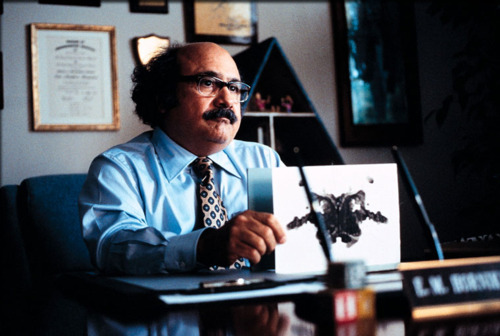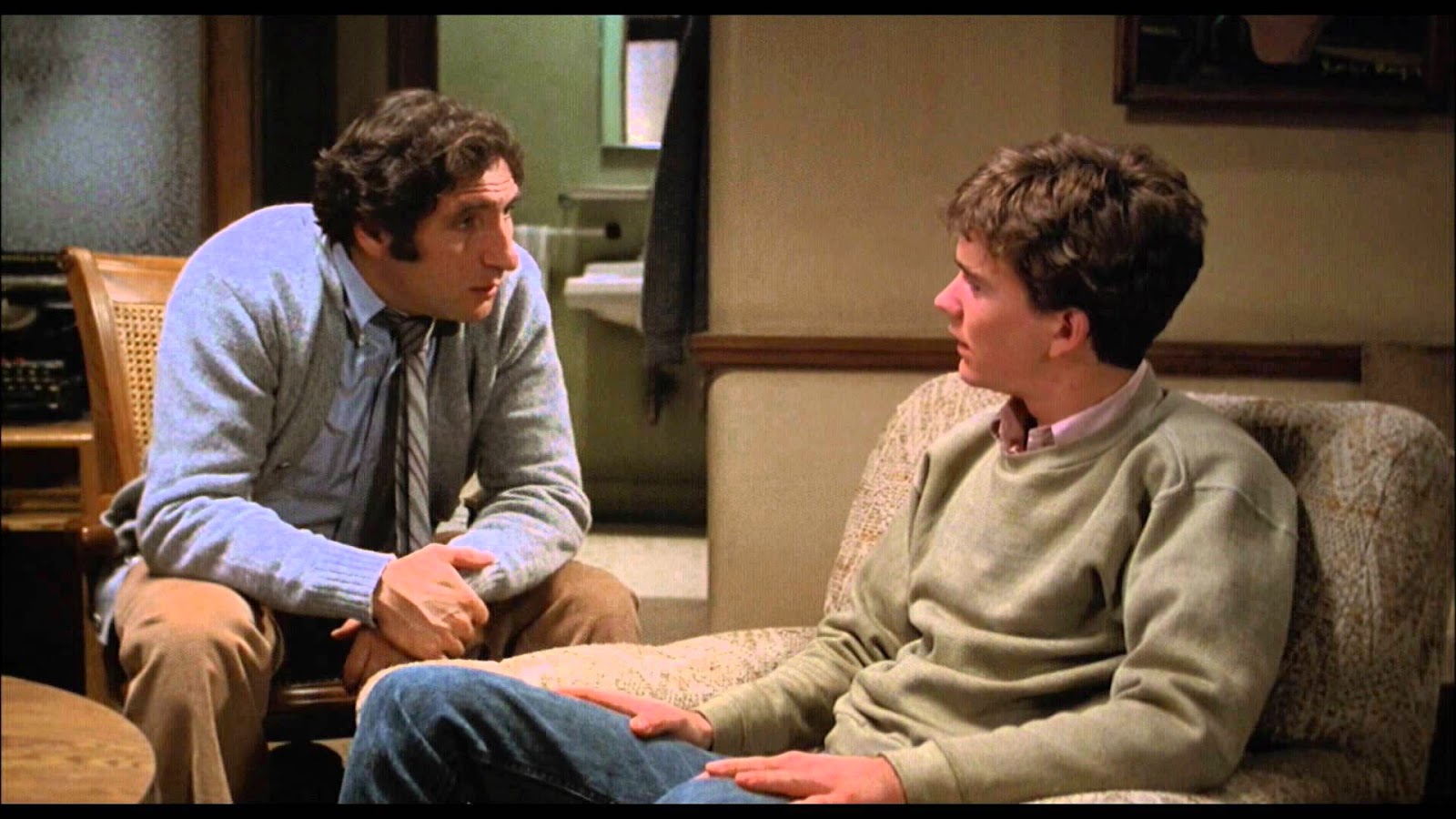
Some people feel guilty about their anxieties and regard them as a defect of faith. I don’t agree at all. They are afflictions, not sins. Like all afflictions, they are, if we can so take them, our share in the Passion of Christ. – C. S. Lewis, Letters to Malcolm
When my son was almost three years old, he got violently ill while we were away from home. What started as a run-of-the-mill virus turned into an ambulance ride and several nights in the pediatric intensive care unit at a major teaching hospital. I was pregnant with our second son at the time, and it was, bar none, the worst week of my life. (Yes, this is the same son who had an MRI in my first mockingbird piece. What can I say? We don’t mess around with easily treated minor illnesses. We go big.)
On our first night in the PICU (yes, our first night, because I slept in the hospital bed with him, giant pregnant belly and all), the chief doctor came in to speak with us. He explained the tests they were running, and their planned course of treatment. When he asked if we had any questions, I asked him if our son would be ok–if he would survive. “I’m sorry. I can’t answer that,” he said solemnly. Oof.
He did survive, and we all survived with him, but when we came home, I asked my ob-gyn for a recommendation for a therapist. I began motherhood as an anxious person, and recent events had not helped matters. My doctor gave me the name of a therapist I might like, and affirmed my decision to seek some help in the aftermath of the traumatic experience we’d all had. “She’s … spiritual,” my doctor said, somewhat hesitantly. “Some people like that, and some people don’t.” I told her I’d give her a try, knowing that “spiritual” could mean any number of things, but knowing I needed help.
I went to the first appointment, where the therapist described her process, and how we’d talk about my anxiety. The first red flag was that, when finding out that I was married to a clergy person, she cheerfully but seriously told me that I’d have “rewards in heaven and on earth!” I was just desperate enough to try to look past that piece of terrible theology, and so I made another appointment with her.
When I went back for the second visit, I was surprised at the turn our conversation was taking. She had me imagine “worst case scenarios” to their natural ends, and not to brag, but I happen to be extremely gifted at imagining worst case scenarios. Her point, and I appreciate what she was trying to do here, was to explore my fears and anxieties to their root levels. However, when we got to the worst case scenario that my child could have died, she was glib. “So what? If you really believe in Jesus, you would be happy for him that he’d be in heaven! I mean, sure, you’d be sad for a while, but you’d get over it!” Her exact words, and I know this because I wrote them down, were: “Losing a child is no reason to be in the depths of despair.” She said that as long as I still had a “purpose in Christ,” I’d go on to live a happy and productive life, and go on to a happy and wonderful afterlife. So why worry?
Um.
And what if I died? (I mean, I know I’m going to die someday, but she meant what if I died right now?) She wanted to really dig in to my anxiety about that, or at least her perception of my anxiety about that. And so we went down the path of my imagined death, leaving my husband widowed, one child orphaned, and, assuming my worst-case-scenarios didn’t kill off the kid I was growing at the time, that one orphaned, too.
 “Well, children whose parents die do just fine,” she explained, a little too chipper for my tastes. “Much better than the kids of divorced parents!”
“Well, children whose parents die do just fine,” she explained, a little too chipper for my tastes. “Much better than the kids of divorced parents!”
Oh.
No.
Oh no, she did not.
But she did.
At some point, the conversation turned to whether I believed in hell. She really liked talking about hell.
I went home at the end of my session, finally, after what seemed like hours of this kind of back-and-forth. It wasn’t my job to educate her, or to change her mind about heaven and hell. I did push back, but gently. I didn’t leave the room in a huff, but I left the room politely, confused and disoriented. When I got home, I called my husband and told him what happened. Given my vivid imagination for worst case scenarios, he is my barometer for what’s weird and what’s not. (Also, I was exactly twelve days away from giving birth to a giant baby, and so my mental health barometer was effectively broken.) After hearing what the therapist was doing, my husband gave me the only clear mandate he’s ever given me in our fourteen years together: “Do not go back and see that therapist,” he said. “Ever.”
When he got home that night, he told me that he had seen this particular set of beliefs expressed by other people before, and while people are entitled to believe what they want to believe, using it to treat someone in a vulnerable position was harmful and wrong. “Just please don’t go back,” he said. I didn’t, and promptly found a secular Jewish therapist after the baby was born.
I felt like I needed a therapist to get me over the experience with my therapist. Why did my experience with the Hellfire Therapist stick with me and bother me so much? I was agitated. Part of it, I’m sure, was that I felt like my own faith was being questioned and challenged. But in other contexts, I’m very open to conversations about faith and belief. I challenge my own faith all of the time. But this was more than that. I was bothered because this therapist represented Christianity, and a perverted version of it, as a tool to “just get over it.” To me, this is the opposite of what therapy, and Christianity, really are. It was as if she were saying to all grieving parents and children everywhere, “You’re FINE. They’re in a better place! Be HAPPY.”
Therapists, of all people, should know that grief doesn’t work that way. Or anxiety. Or life, for that matter. Neither does Jesus, from what I can tell. Sure, Jesus gets a little road-ragey when his queasy apostles wake him up in a stormy boat. “Simmer down, I got this.” But on the night before his crucifixion, when he knows what’s about to happen to him, he wants them near him, praying with him, and loving him in his own anxiety and dread.
My (former) therapist’s overly heavy focus on the afterlife was not helpful in my living of this life. I wasn’t looking for a quick fix, for something that could fit on a campaign button. “Jesus was here, so I’m in the clear!” The way of the cross is not a quick fix, either, and it’s certainly more complicated than a slogan or a rhyming verse. Jesus is not a page-a-day calendar that I can just prop up on my desk to make me feel better. The “depths of despair” she so quickly dismissed are part of living a full life, and the price we pay for loving deeply. My “purpose in Christ” is not diminished when I grieve — heavily — for those who have died. That grief is the price of opening myself up to loving other mortal, fallible humans. And since I don’t know any other kind of humans, I’m willing to pay that price.
I don’t want to sound like I’m therapist-bashing. I love therapists. I think therapists do good work, and I rely on them to help me keep my mental health in check, like I rely on doctors and dentists to help me maintain my physical health. My experience with one ill-informed therapist does not diminish the whole profession. This particular therapist’s terrible advice helped me examine my own faith in a way I hadn’t done before, and I suppose there’s some value in that. But I’m wary of “spiritual” practitioners in a way I hadn’t been before. I rely on health professionals not for their theological training, but for their scientific and professional skills.
On reflection, I’m confident that my “purpose in Christ” includes mothering the two little boys entrusted to my care. I know that in loving them, I’ll experience the depths of despair the therapist disparaged. Rather than shying away from those experiences to protect a pristine, ceramic version of my faith, I can live through them with gratitude to The One who Died for all of us, because love persists even if it brings us to the depths of despair and even when our therapists give us terrible advice. Love persists even when we get a little dirt under our fingernails. And even when we fail to love each other, Love persists.

COMMENTS
Leave a Reply















